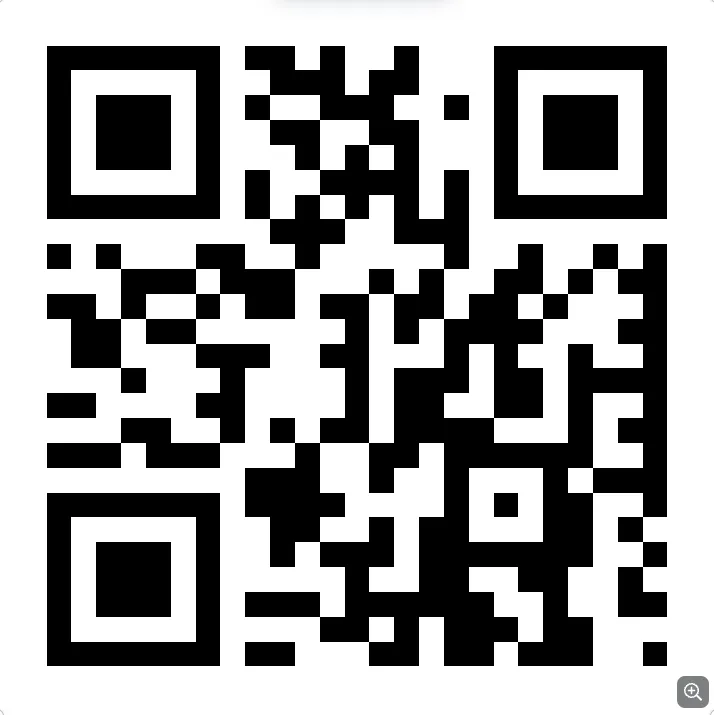Maybe a little more logic would help us get along with one another
Catch up with the latest events in the week ahead with my Essential News column in Florida Weekly. This is your link to the latest issue.
World Logic Day is coming up soon — Jan. 14 — and it’s one of the memorable events I’m reporting on in my latest Essential News column in Florida Weekly.
I also debunk the myth that houseplants clean toxins from the air in our homes, note the workplace disparities women still face, and mark the calendar for Rubber Ducky Day.
Because you are a subscriber, you get early notice on all this, and a link to the column follows.
But back to Logic Day. What is it, you might reasonably ask. Shouldn’t we be logical all the time?
If only.
One of the purposes of this day is to underscore the various fallacies in reasoning to which humans are vulnerable, black holes of unclear thinking that can lead us astray.
One of the pitfalls that’s most aggravating to me is called “confirmation bias.” Technically, it isn’t a logical fallacy, but, rather, a cognitive bias that distorts how we evaluate the world around us. It’s an illogical tendency of a slightly different flavor.
Confirmation bias rears its confusing head when we ignore facts and new information that contradict our currently held beliefs. It also shows up in the choices we make. For instance, conservatives only watching Fox News because the programming is slanted toward the right, and liberals glued to MSNBC, ignoring news that may be contrary to their firmly held worldview. (And both of these networks count on confirmation bias in their business model.)
Or how about vaccine deniers who ignore scientific studies that prove how many lives are saved by inoculations, or Moon-landing deniers who insist it was all a show filmed on a Hollywood back lot, or, more dangerously, election deniers who accept the oft-told lie that the 2020 president election was rigged when it clearly was not.
Notice how frequently the word “denier” shows up?
Critical thinking is tough. We are bombarded with an avalanche of information (and disinformation and misinformation) every day designed to shape our thinking, our voting, our buying habits, and our lifestyles. It’s tough to navigate our way through this blizzard.
And with the fragmentation of the news media and the explosion of social media, knowing who you can trust has never been more challenging.
But maybe applying a little logic will help.
J.C. Bruce is an award-winning journalist and author of The Strange Files series of mysterious novels (available on Amazon, Barnes & Noble, Kobo, other online booksellers, and at selected libraries). He holds dual citizenship in the United States of America and Florida. His latest novel, Strange Timing, has been named Book of the Year in the Royal Palm Literary Awards. When he’s not writing, he’s in training for the next international underwater ping-pong championships.






